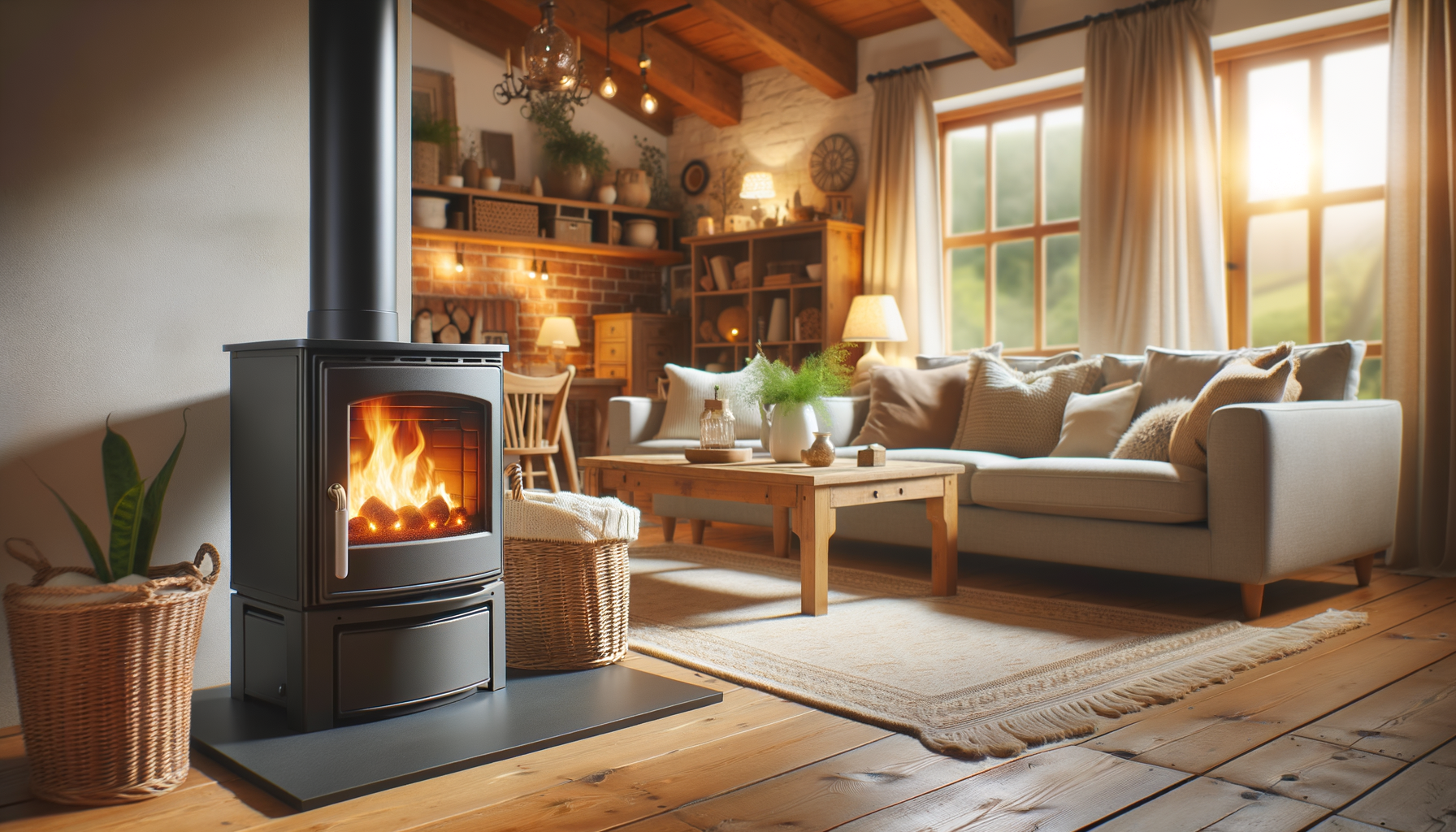Ultimate Guide to Estimating Your Roof Replacement Costs

Updated 4 months ago
Ultimate Guide to Estimating Your Roof Replacement Costs
Replacing or repairing a roof is one of the significant investments a homeowner can make. With varying materials, labor rates, and roof sizes, it can be daunting to figure out just how much you might need to shell out for a roofing project. This comprehensive guide is here to demystify roof replacement costs, helping you to understand each aspect that goes into the final figure. With this knowledge in hand, you'll be able to confidently plan your budget.
Understanding Roof Replacement Costs
The cost of a new roof can vary widely depending on various factors. These include your home's geographic location, the material you choose, the size and slope of your roof, and the need for any additional structural repairs. Here's a granular look at the elements that determine roofing costs.
Roofing Materials
Arguably the most influencing factor in the cost of a roof replacement is the material you select. Here's a rough breakdown of average costs based on the material for a typical 3,000 square-foot home:
- Asphalt Shingles: $5,400 - $19,800
- Metal Roofing: $15,000 - $35,000
- Slate Tiles: $20,000 - $50,000
- Solar Tiles: $30,000 - $70,000
These prices can fluctuate based on the brand, style, and type of each material. For instance, metal roofing can come in forms such as standing seam or corrugated panels, each varying in price.
Roof Size and Slope
Larger roofs require more materials and labor, increasing costs. Additionally, the slope or pitch of your roof not only determines the amount of materials needed but also the difficulty of the job. Higher slopes may call for more safety measures and specialized equipment, impacting the overall labor cost.
Labor Costs
Labor costs can be just as variable as material costs and are hugely influenced by regional variations in the cost of living and operation. Labor usually composes 60% of the total project cost, but it can rise for intricate installations requiring highly skilled tradespersons.
Additional Expenses
Don't forget to factor in the cost of permits, old roof removal, waste disposal, and additional work such as gutter replacement or structural repairs. These can add considerable amounts to your total roofing bill.
Estimating Your Roofing Costs
To precisely calculate your potential roofing costs, you'll need to understand the following:
- Area of Your Roof: Measure or obtain the footprint of your roof, taking note of its complexity.
- Roof Pitch: Identify the pitch of your roof as it affects the area—steeper roofs have larger surface areas and require more materials.
- Materials: Decide on the type of roofing material you prefer, considering aesthetics, longevity, and insulation properties.
- Regional Factors: Understand that your location can affect material costs and labor rates, potentially increasing or decreasing the quoted price range.
| Material Type | Cost Range for 3,000 sq ft Roof |
|---|---|
| Asphalt Shingles | $5,400 - $19,800 |
| Metal Roofing | $15,000 - $35,000 |
| Slate Tiles | $20,000 - $50,000 |
| Solar Tiles | $30,000 - $70,000 |
Roof Replacement Estimates Online: Utilizing Technology
In today's digital age, getting an estimate for your roof replacement is easier than ever. Online calculators can provide a ballpark figure before you even contact contractors. They ask for your roof size, pitch, and preferred material, presenting an estimate that helps in your initial budgeting.
Choosing the Right Contractor
Finding a reliable roofing contractor is crucial for a successful installation. Ensure they are licensed, insured and come with solid references. A trustworthy contractor should provide a transparent and detailed quote, outlining all foreseeable costs before the project begins. It's advisable to get at least three to four estimates to compare prices and services.
Preparing for Hidden Costs
Even with the most comprehensive quotes, unexpected issues like structural damage can arise during the roof replacement process. To avoid surprise costs, set aside a contingency budget of approximately 10-20% of the total estimate.
Long-Term Considerations
Investing in quality roofing materials and skilled labor may have higher upfront costs, but they pay off in the long run with extended durability and less need for repairs. Materials like metal roofing or solar tiles can also lead to energy cost savings, adding value to your home.
Conclusion
Whether you’re replacing an aged roof or upgrading for better functionality and aesthetics, understanding the factors affecting costs can guide you in budgeting for this critical home improvement. Remember, the cheapest quote isn't always the best—quality materials and installation will save you money in maintenance and energy costs down the line.
Plan smart, choose wisely and use the tools available to get the most accurate estimate for a roof that will protect your home for years to come.





